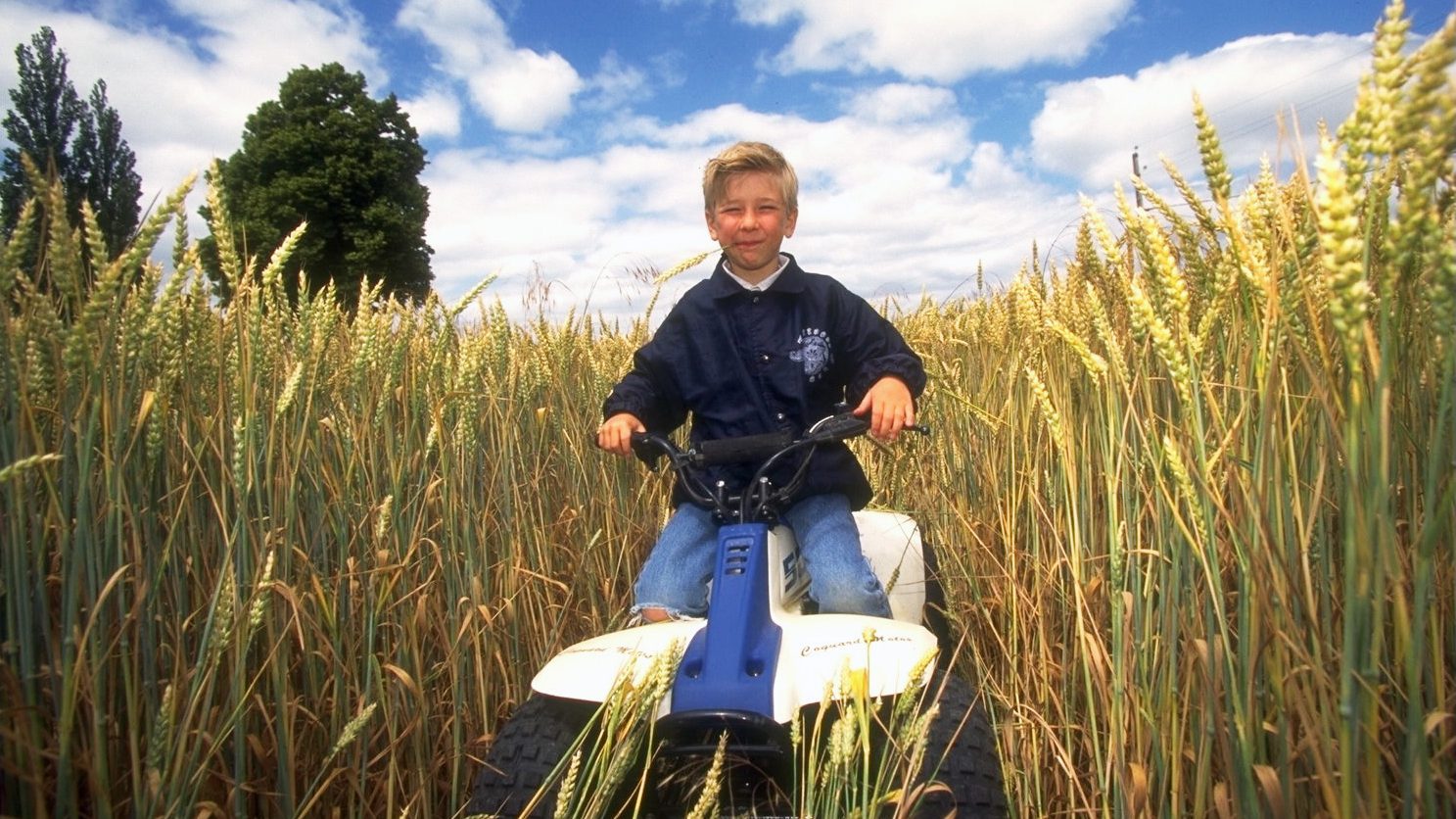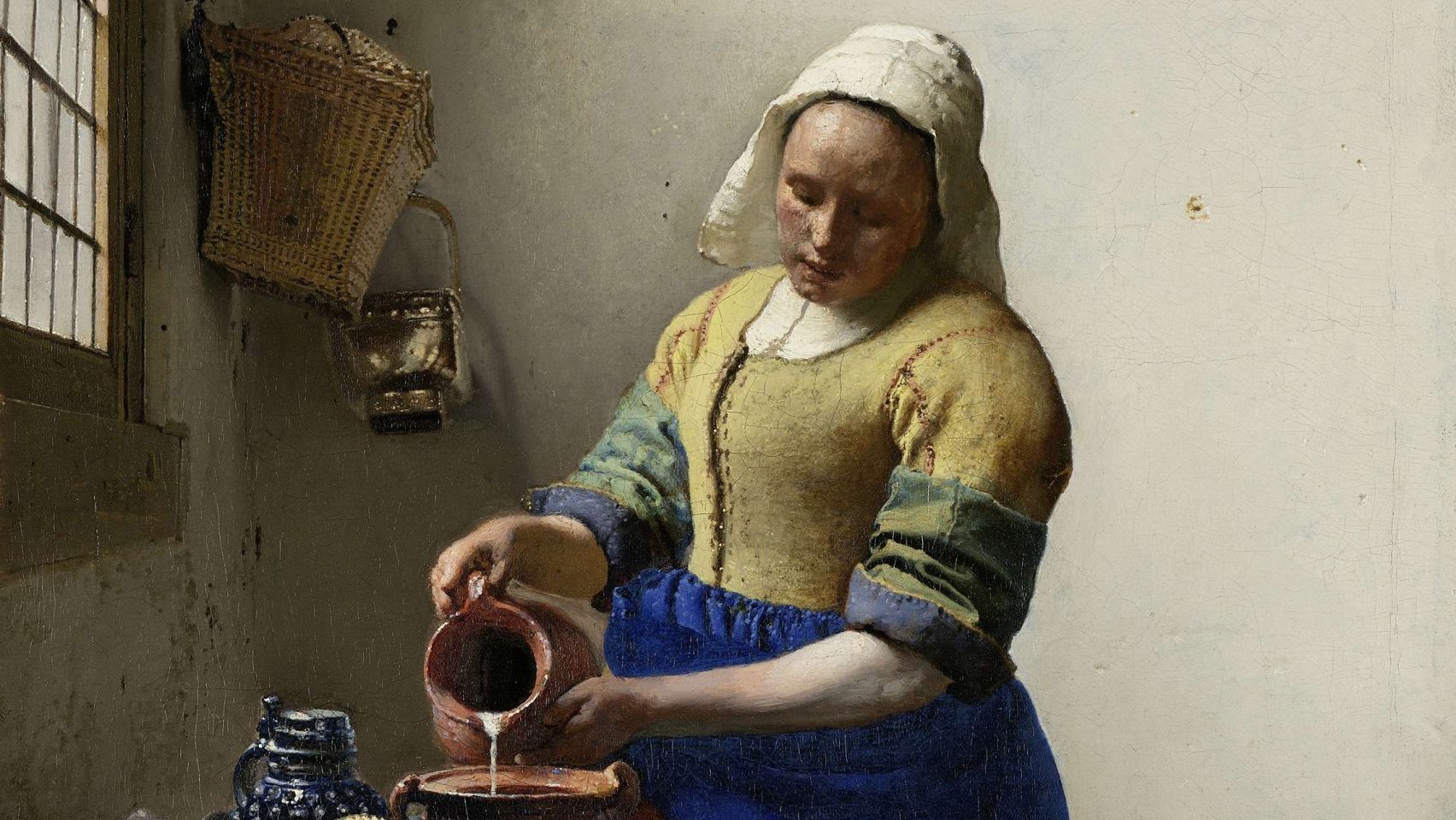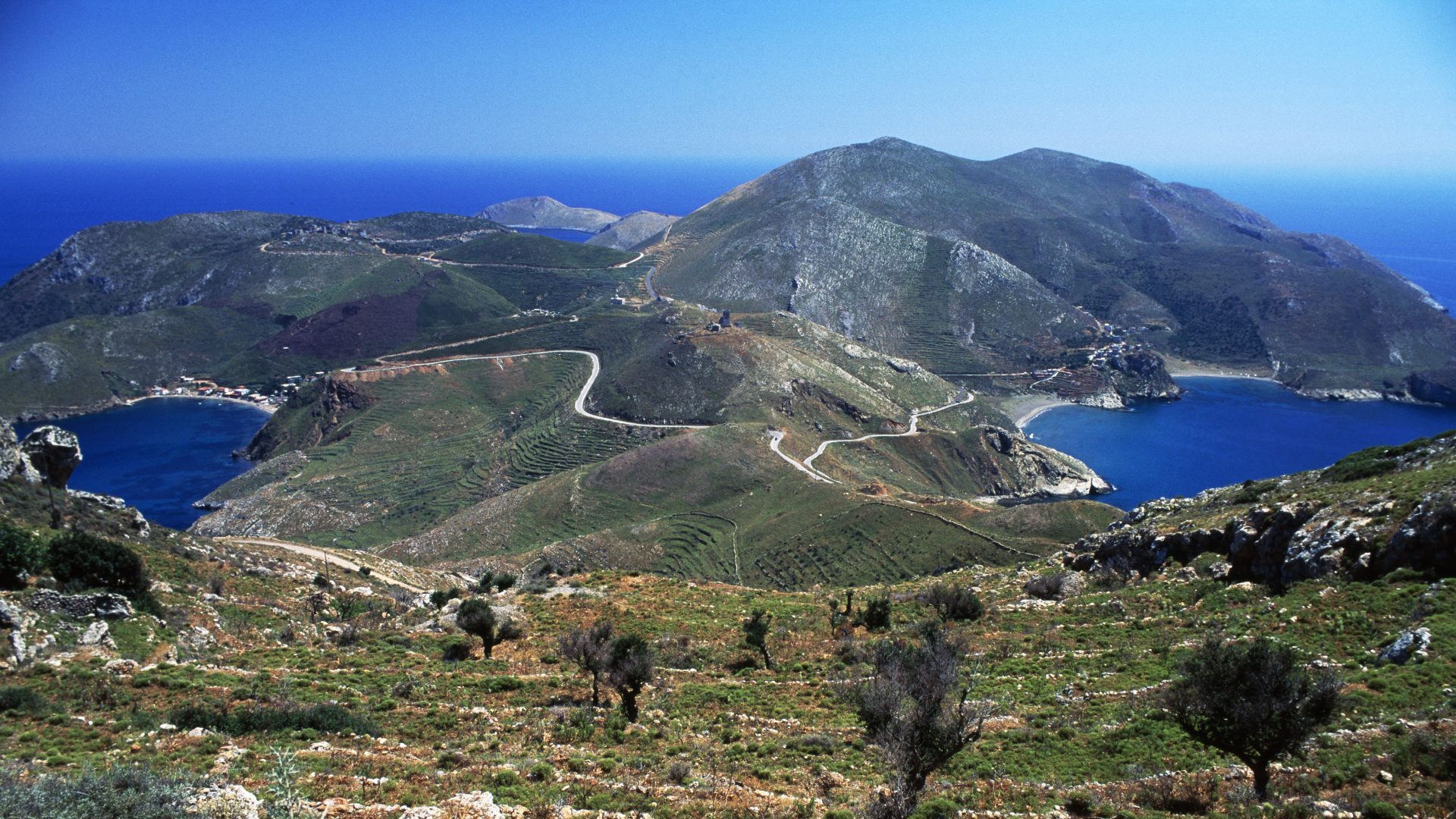For much of the country, this week is the first half-term holiday of the year,
and just about now many of the nation’s parents will already be looking forward to Monday morning. An antidote to such uncharitable thoughts may be in the music that has tried to solve the riddle of childhood and recapture the point of view of the child that we all once were.
Wistful songs about growing up, sung from the point of view of the adult, are hardly uncommon, American singer-songwriter Harry Chapin’s Cat’s in the Cradle (1974), perhaps being the ultimate example. Yves Duteil’s 1978 acoustic number Prendre un enfant, which had the simplicity of a nursery rhyme, reflected on how “suddenly” the child you take by the hand will be “tout au bout du chemin/ Prendre un enfant pour le sien” (“all the way down the road/ Taking a child of their own”).
Also exploring this perpetual cycle of parenthood was Teddybjörnen Fredriksson (1969), Lasse Berghagen’s sweet folk song about receiving a
teddy on his fourth birthday and then later giving his own child such a gift
(Berghagen’s daughter was three when he wrote the song). This much-loved
nursery classic in Sweden explains how the bear was “min bästa vän när jag var ett litet barn” (“my best friend when I was a small child”), “Men åren gick, jag glömde bort min vän” (“But the years passed, I forgot my friend”).
Séverine’s Un banc, un arbre, une rue (A Bench, a Tree, a Street), which won Eurovision for Monaco in 1971, was also concerned with this forgetting of
childhood fantasies, the title referring to the places where we once dreamed.
A rare foreign language hit in the UK – it reached No 9 the month after the
competition – this lush ballad reflected on “Une enfance trop brève” (“A too
brief childhood”), and “l’inoubliable instant/ Où l’on rend ses habits d’enfant”
(“the unforgettable moment/ When you give back your child’s clothes”) and move towards an uncertain future.
Laying it on thick in terms of the sadness and bewilderment of the parent observing their child growing up, ABBA’s Slipping Through My Fingers (1981) was written when Björn and Agnetha’s daughter Linda was seven, but it also reflected on the unknowability of the interior world of the child: “Do I really see what’s in her mind?/ Each time I think I’m close to knowing/ She keeps on growing”. Daði Freyr’s electropop Think About Things explores similar territory, albeit it a more celebratory mood. While the song’s lyrics seem like standard romantic ones on first listen, the song was written for Freyr’s newborn daughter: “Though I know I love you/ I find it hard to see how you feel about me/ Because I don’t understand you/ Oh you are yet to learn how to speak”.
But perhaps the best songs about childhood are those that attempt the almost impossible feat of actually evoking how the child sees the world. A true Swedish original is Beppe Wolgers and Olle Adolphson’s Det gåtfulla folket (The Enigmatic People) (1961), a jaunty little folk song which charmingly explores how children live in a world of imagination: “Där går en flicka som gjorde en ö av femton kuddar/ Där går en pojke och allting blir glass som han snuddar” (“There walks a girl who made an island out of 15 pillows/ There walks a boy and everything he touches turns to ice cream”). The English version, with lyrics by Hal Shaper, was recorded by both Cilla Black and Val Doonican and went for pathos rather than the original’s sense of wonder – “Oh what a shame that our children should grow into people,” it concludes.
Frida Boccara’s Un jour, un enfant, the French winner in the four-way tie in Eurovision 1969, and by far the best of those four songs, was actually titled
Through the Eyes of a Child in its English version, and that was exactly the thrust of legendary lyricist Eddy Marnay’s original French words for this soaring ballad. It was one of Eurovision’s most tender and affecting moments as Boccara sang about the imagination and sense of endless
possibilities before the very young: “Le monde autour de lui/ Sera vide et
c’est ainsi/ Qu’il inventera la vie/ À sa première page” (“The world around
him/ Will be empty and so/ He invents life/ From its first page”).
While popular music so often deals with experiences and relationships that have been and gone, these songs deal with what is yet to come and losses that are yet to be fully felt.
CHILDHOOD IN EUROPEAN MUSIC in five songs
Olle Adolphson, Det gåtfulla folket (1961)
Beppe Wolgers, Swedish poet, lyricist and actor, evoked the world of children – the “enigmatic people” of the title – in his lyrics for this song. It is a world where, through imagination, “blir en värdelös sak till en skatt” (“a worthless
thing becomes a treasure”).
Frida Boccara, Un jour, un enfant (1969)
This winning French Eurovision entry explored the power of children’s
imaginations and their sense of wonder for “les fruits de chaque jour”
(“the fruits of each day”). Boccara also recorded German, Italian, Spanish and English versions of the song.
ABBA, Slipping Through My Fingers (1981)
Co-written by Björn and sung by Agnetha, their daughter was the subject of this musically overblown but undeniably affecting song about the gulf between parent and child.
Jordy, Dur dur d’être bébé! (1992)
One of the more bizarre moments in Eurodance, It’s Tough To Be A Baby!
featured vocals by the four-and-a-halfyear-old Jordy Lemoine and topped
the charts in France, earning him a Guinness Book of Records place for the
youngest singer ever to reach No 1.
Daði Freyr and Gagnamagnið, Think About Things (2020)
The Icelanders were stymied by the cancellation of 2020’s contest and this may be the greatest-ever Eurovision entry never to win. Freyr addresses his
newborn: “Baby I can’t wait to know/ What do you think about things”.




